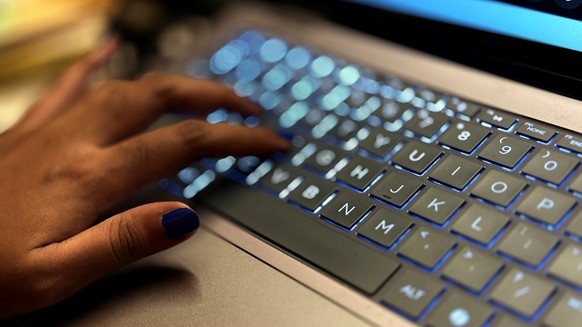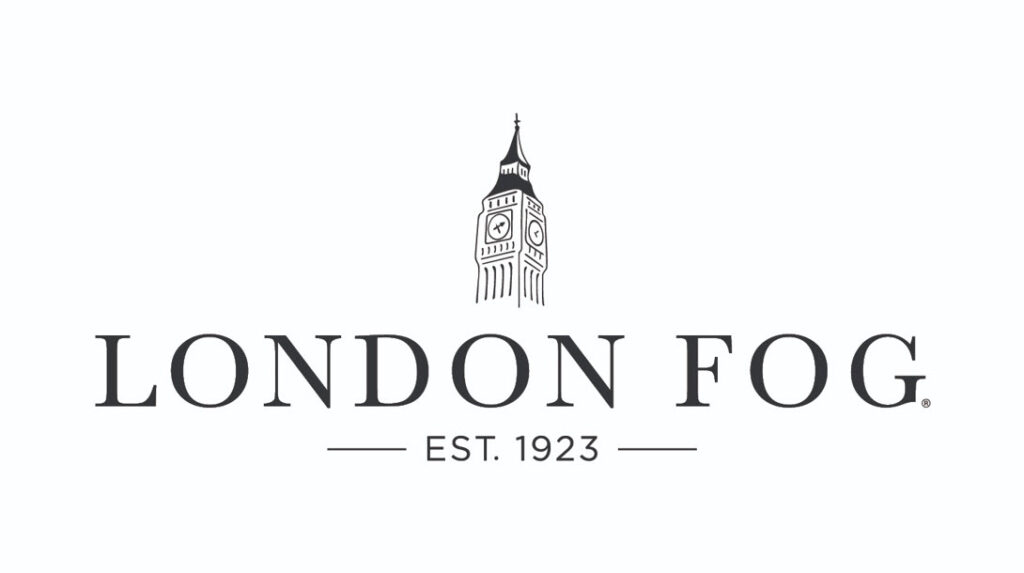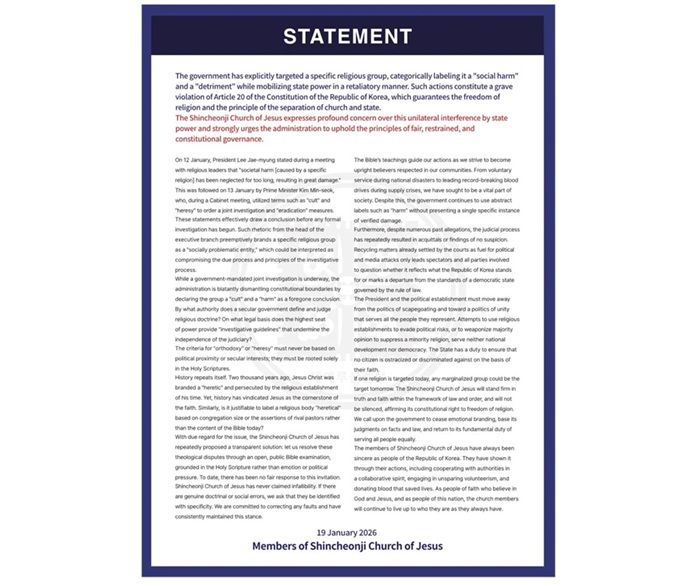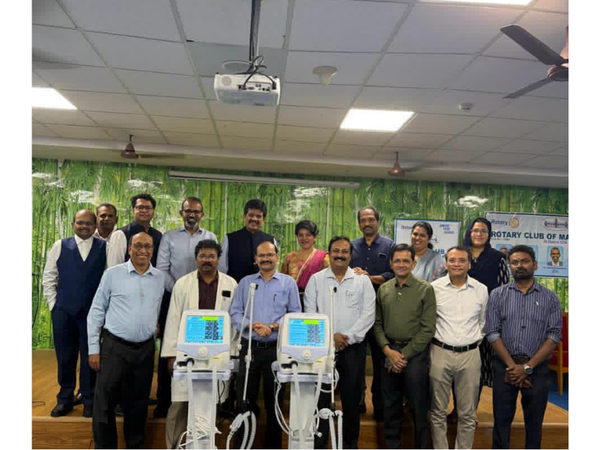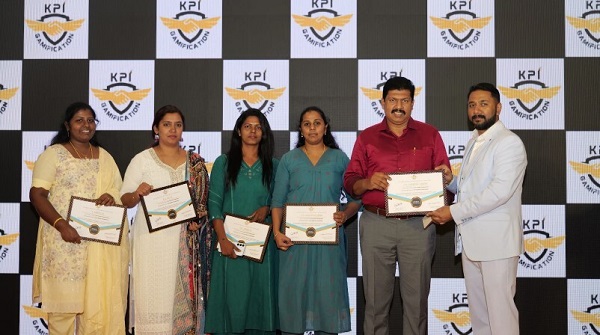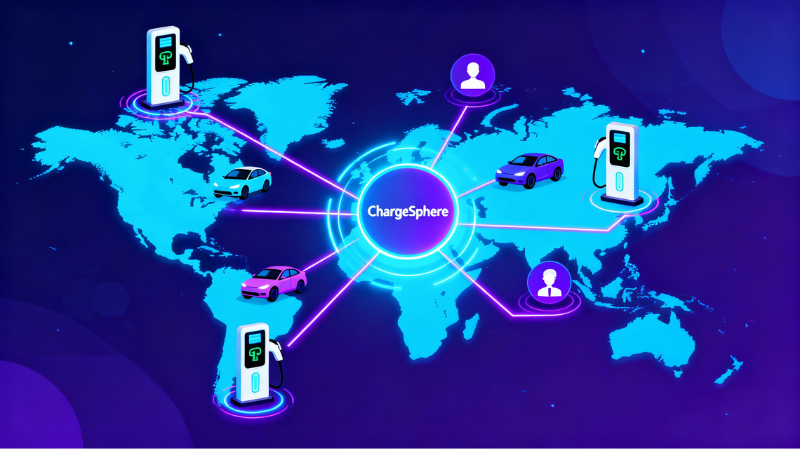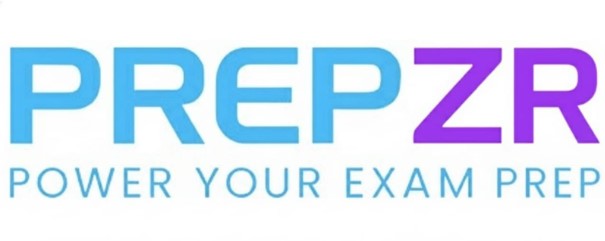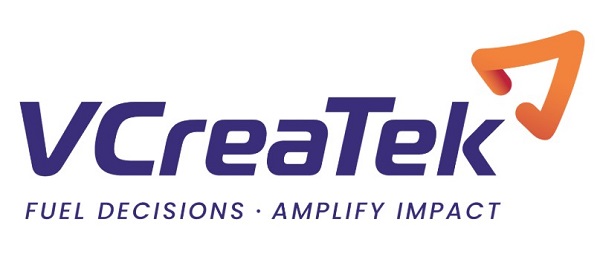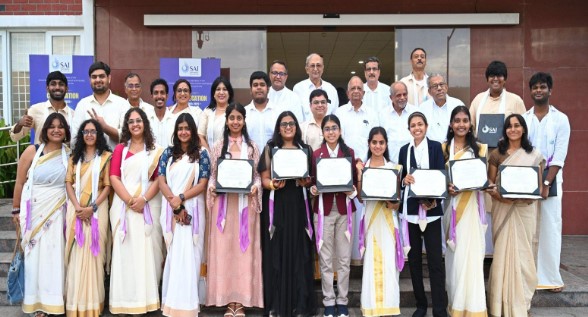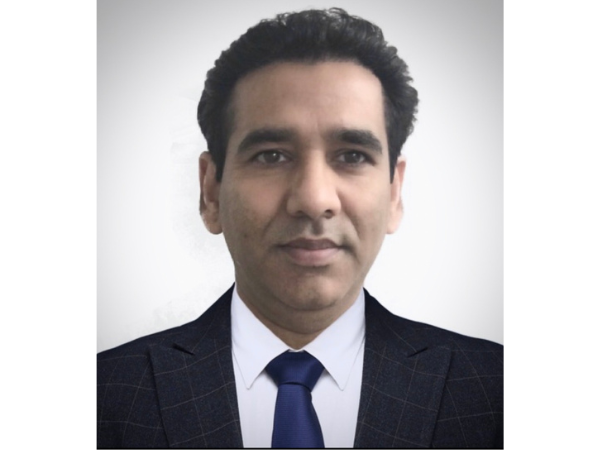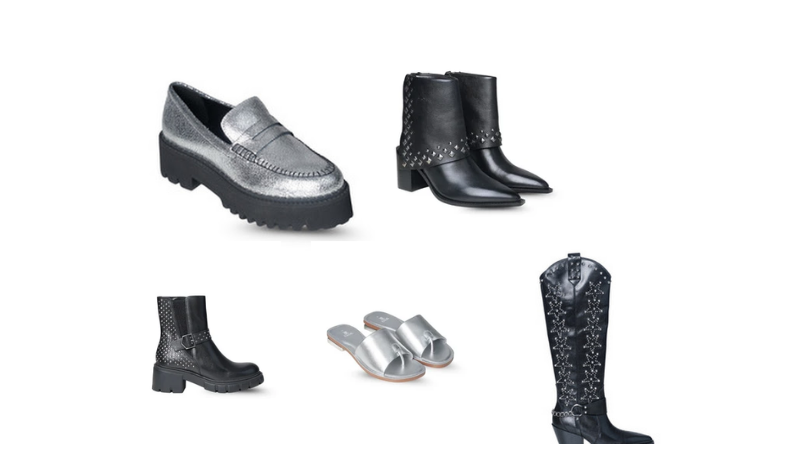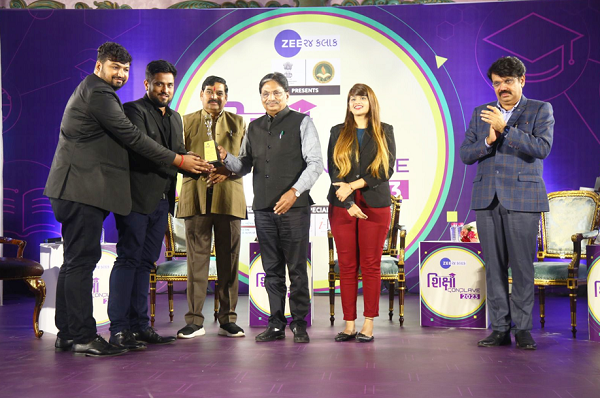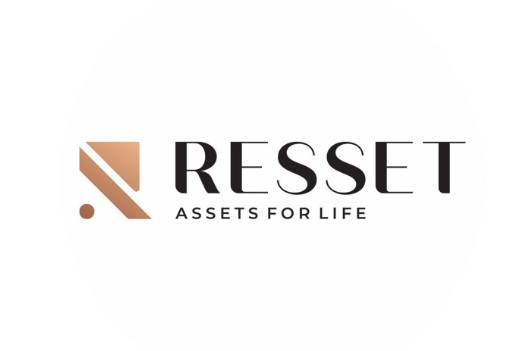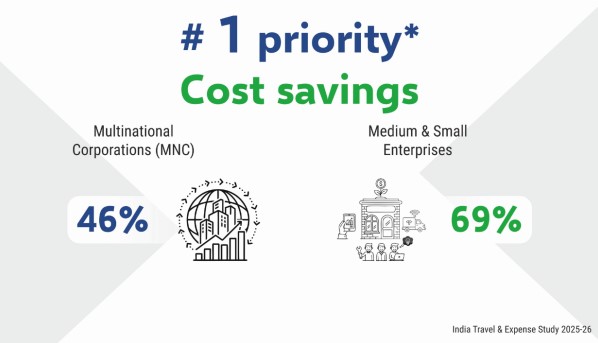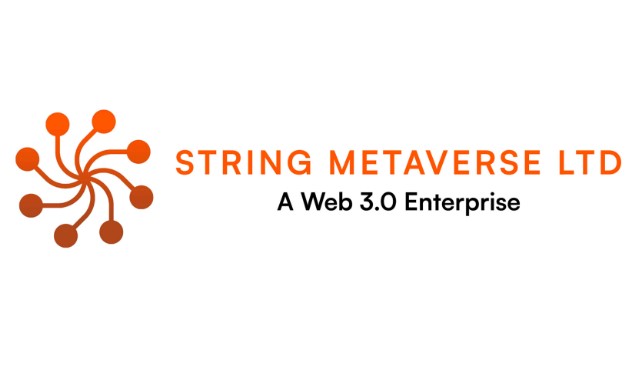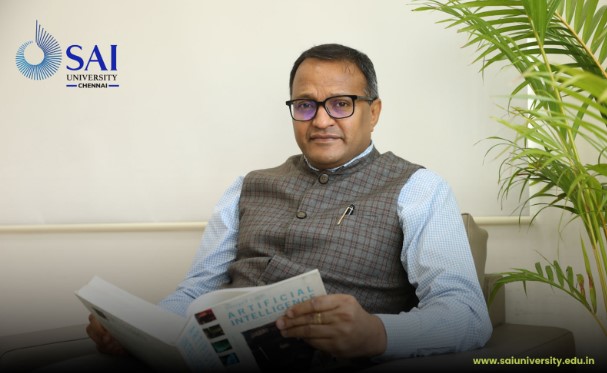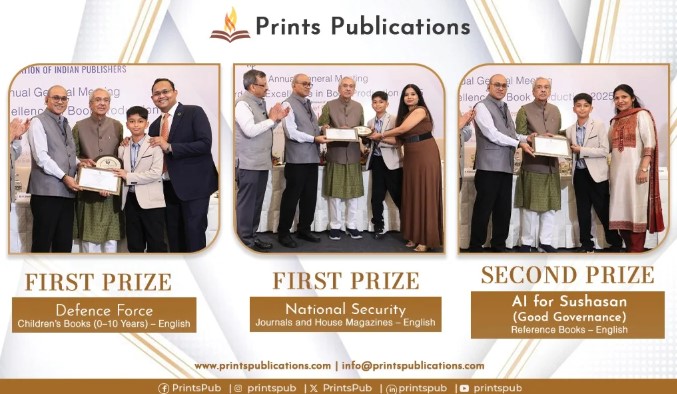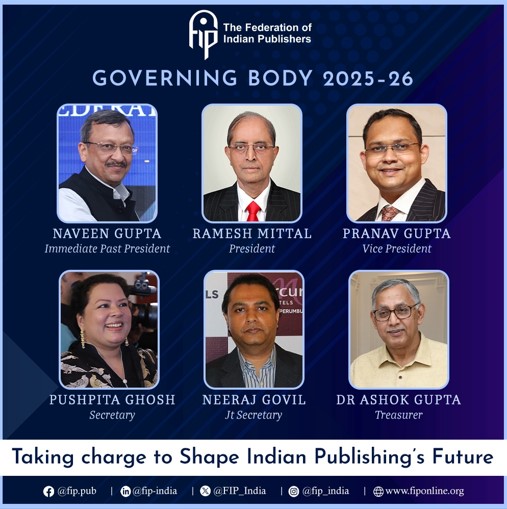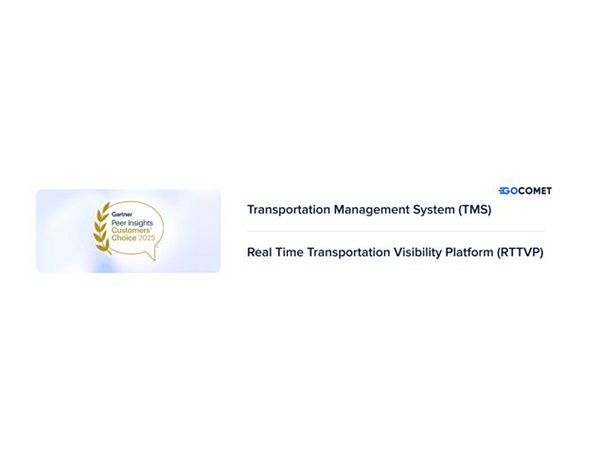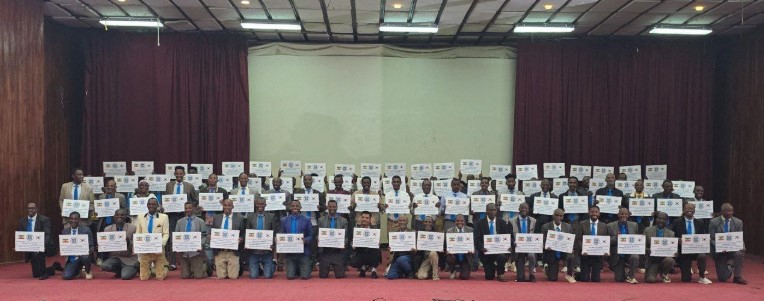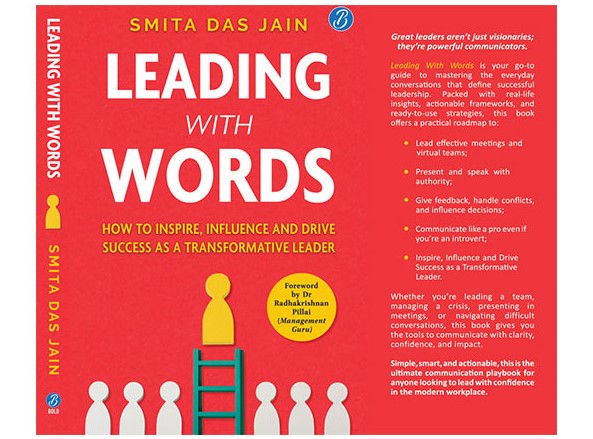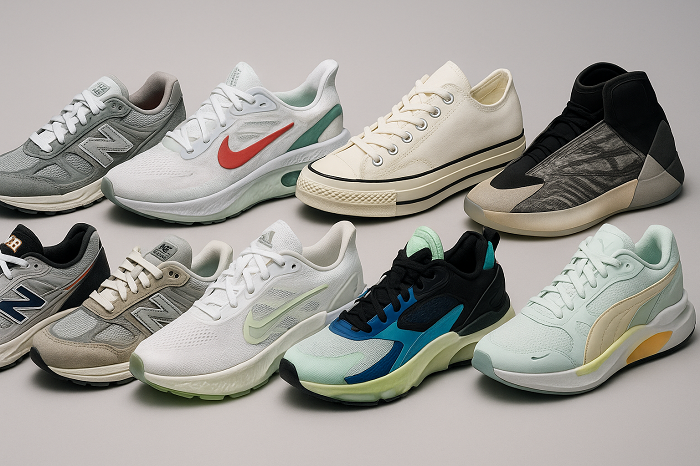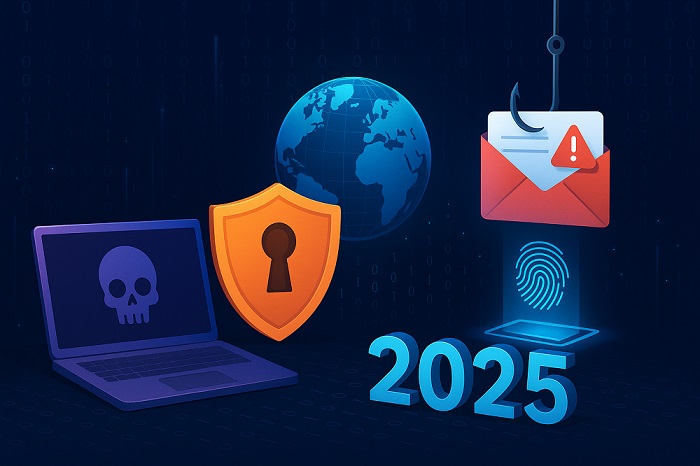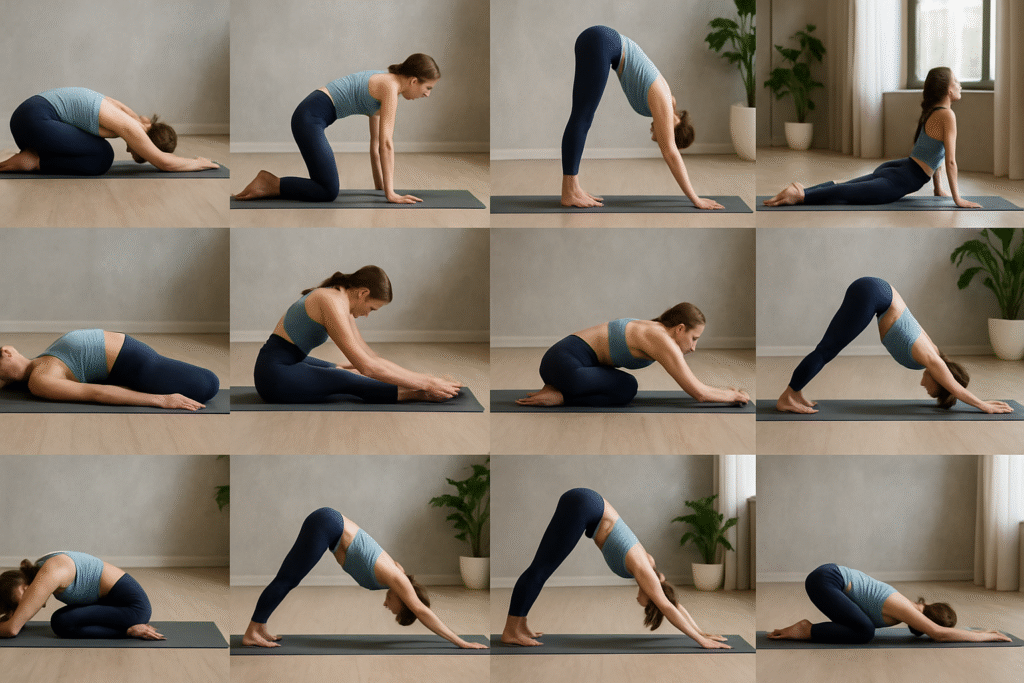Top 10 Stress Management Techniques in 2025

Stress has become one of the most common health challenges of modern life, and in 2025, managing it effectively is more important than ever. With fast-paced careers, financial uncertainty, technology-driven lifestyles, and social pressures, many people are experiencing high levels of stress that directly impact physical and mental health. Fortunately, new research and evolving wellness trends are providing practical and sustainable strategies to deal with stress. The top stress management techniques in 2025 combine time-tested practices with innovative approaches to help individuals maintain balance, improve productivity, and lead healthier lives.
In this comprehensive guide, we will explore the most effective methods for reducing stress, explain why they work, and show you how to integrate them into your daily routine. Whether you are dealing with workplace burnout, emotional strain, or general life pressures, these techniques will serve as powerful tools to bring peace and resilience.
1. Mindfulness Meditation and Breathwork
Mindfulness meditation remains one of the most popular and effective stress management techniques in 2025. Unlike traditional meditation that focuses solely on stillness, mindfulness emphasizes awareness of the present moment. Practicing mindful breathing for even ten minutes a day helps regulate the nervous system, reduce anxiety, and lower cortisol levels. The rise of advanced meditation apps and AI-guided breathing programs has made it easier for beginners to start and maintain consistency. Deep breathing exercises, such as box breathing or diaphragmatic breathing, are particularly useful because they can be done anywhere and provide immediate relief from stress.
2. Digital Detox and Screen Time Management
As digital technology continues to dominate our lives, excessive screen exposure is now recognized as a major contributor to stress and sleep disruption. In 2025, digital detox practices have become a mainstream stress management tool. This does not necessarily mean abandoning technology completely, but rather setting intentional boundaries, such as using app timers, avoiding screens before bed, and practicing “tech-free hours” during the day. Disconnecting from constant notifications and social media comparisons gives the mind space to relax and recharge, which is vital for emotional well-being.
3. Physical Exercise and Movement Therapy
Exercise has long been known to reduce stress, but in 2025, the focus is shifting toward movement therapies that combine physical activity with emotional release. Practices such as yoga, tai chi, dance therapy, and pilates help regulate both the body and the mind. High-intensity workouts like running, strength training, and cycling also release endorphins, which act as natural mood boosters. For people with busy schedules, even short bursts of exercise, such as ten-minute desk stretches or brisk walks, can have powerful stress-relieving effects.
4. Journaling and Expressive Writing
Journaling has become one of the most effective therapeutic tools for stress management. In 2025, digital journaling apps and guided prompts make it easy for people to write down their thoughts, track emotions, and identify triggers. Expressive writing helps clear the mental clutter, process negative emotions, and build self-awareness. Whether it is gratitude journaling to focus on positivity or reflective journaling to analyze stressful events, the act of writing provides clarity and emotional release.
5. Healthy Nutrition and Functional Foods
What you eat plays a significant role in how your body responds to stress. In 2025, functional foods designed to improve mood and reduce anxiety are trending. Diets rich in omega-3 fatty acids, magnesium, vitamin B complex, and probiotics have been linked to better stress resilience. Adaptogens such as ashwagandha, rhodiola, and ginseng are increasingly used in teas, supplements, and smoothies to support the body’s stress response. Avoiding excessive caffeine, sugar, and processed foods also helps stabilize mood and energy levels, making nutrition a vital stress management technique.
6. Sleep Optimization and Relaxation Rituals
Sleep deprivation is one of the leading causes of stress, and in 2025, sleep optimization is a major health priority. People are turning to smart sleep trackers, weighted blankets, and relaxation rituals such as aromatherapy and sound therapy to improve sleep quality. Establishing a consistent bedtime routine, reducing exposure to blue light, and practicing relaxation techniques before bed help calm the mind and promote deeper sleep. Quality rest not only reduces stress but also improves focus, productivity, and emotional stability.
7. Cognitive Behavioral Techniques
Cognitive Behavioral Therapy (CBT) is widely recognized for its effectiveness in treating anxiety and stress. In 2025, CBT-based self-help tools and digital therapy platforms are making these techniques more accessible. By identifying negative thought patterns and replacing them with constructive ones, individuals can reduce overthinking and emotional overwhelm. Stress inoculation training, visualization exercises, and positive affirmations are commonly practiced methods that help reframe stressful situations into manageable perspectives.
8. Social Support and Connection
Strong social connections remain a powerful stress buffer. In an increasingly digital world, nurturing real human relationships has become more important than ever. Spending quality time with friends, family, or supportive communities helps reduce feelings of isolation and boosts emotional well-being. In 2025, support groups, both online and offline, provide safe spaces for people to share experiences and coping strategies. Simple acts like talking to a loved one, joining a hobby group, or volunteering can significantly reduce stress and foster resilience.
9. Nature Therapy and Outdoor Activities
Nature therapy, often called ecotherapy, is gaining popularity as an effective way to lower stress. Studies show that spending time in natural environments reduces blood pressure, lowers cortisol, and promotes relaxation. In 2025, people are prioritizing outdoor activities such as hiking, gardening, forest bathing, and beach walks as part of their wellness routines. Urban spaces are also adopting more green areas and wellness parks to encourage citizens to reconnect with nature and combat the effects of urban stress.
10. Professional Counseling and Therapy
While lifestyle changes are essential, professional counseling remains one of the most reliable stress management techniques. In 2025, therapy has become more accessible through online platforms, virtual reality sessions, and AI-assisted counseling. Professional guidance helps individuals develop personalized coping mechanisms, address underlying issues, and create long-term strategies for stress management. Seeking therapy is no longer stigmatized but embraced as a proactive step toward mental health.
Conclusion
Stress is an inevitable part of life, but in 2025, we have more tools and knowledge than ever before to manage it effectively. From mindfulness meditation and exercise to nutrition, sleep optimization, and professional counseling, each technique offers a unique way to restore balance and peace of mind. The key is to experiment with different strategies, integrate them consistently into your lifestyle, and choose what resonates best with your needs. By adopting these top stress management techniques, you can build resilience, improve well-being, and thrive in today’s demanding world.
FAQs on Stress Management Techniques in 2025
Q1. What is the most effective stress management technique in 2025?
Answer. Mindfulness meditation combined with breathwork remains the most effective and accessible stress management technique in 2025, especially when practiced consistently.
Q2. Can diet really help reduce stress?
Answer. Yes, a nutrient-rich diet that includes omega-3s, magnesium, and adaptogens can significantly support the body’s ability to handle stress.
Q3. How much exercise is needed to reduce stress?
Answer. Even 20 to 30 minutes of physical activity most days of the week can help reduce stress levels, though shorter sessions throughout the day also make a difference.
Q4. Is therapy necessary for stress management?
Answer. Not everyone needs therapy, but professional counseling is highly effective for those dealing with chronic stress, anxiety, or unresolved emotional issues.
Q5. Does spending time outdoors really lower stress?
Answer. Yes, nature therapy has been scientifically proven to reduce cortisol, improve mood, and promote relaxation, making it a highly effective stress management method.




